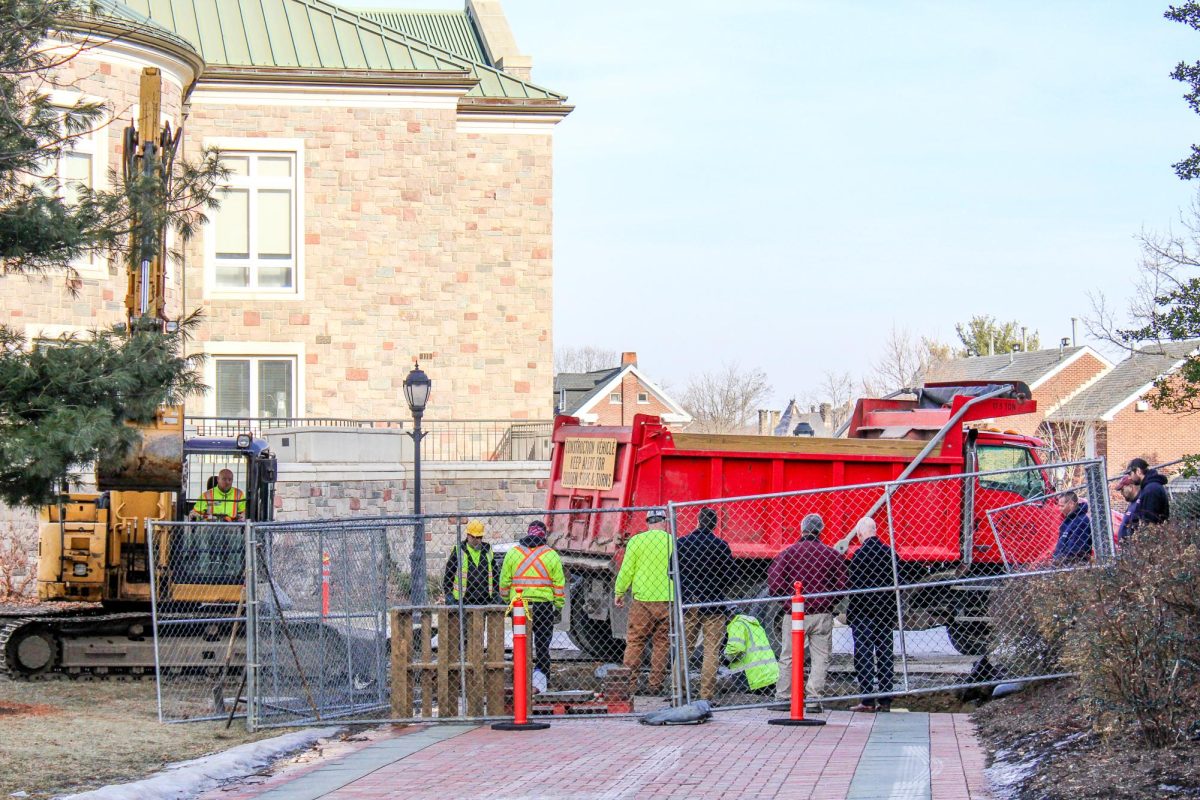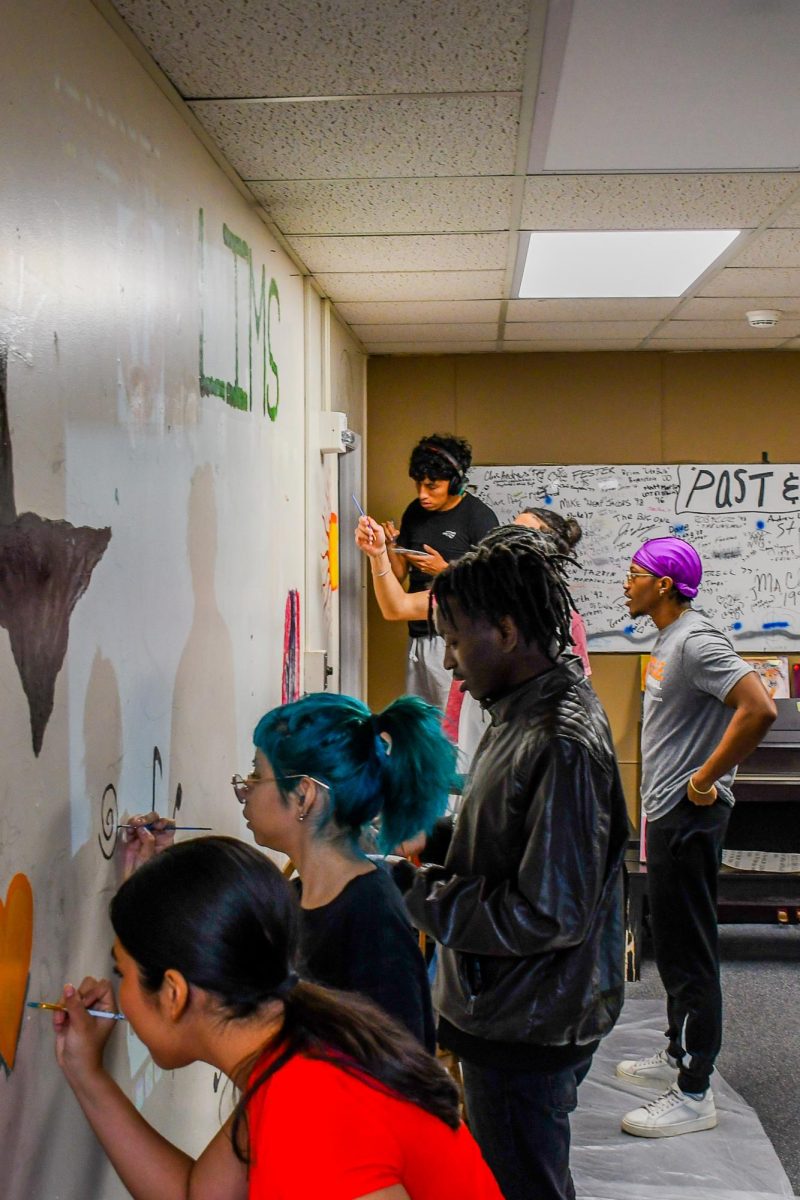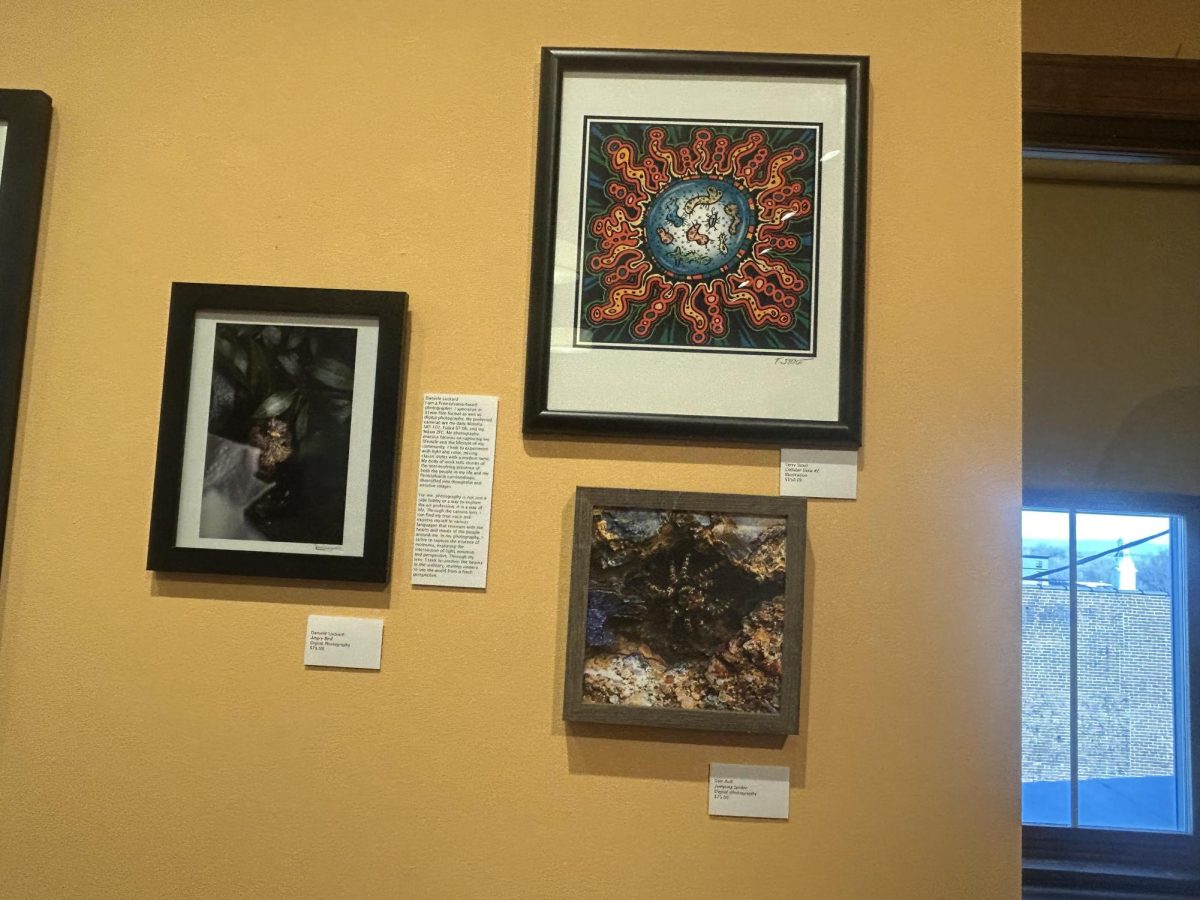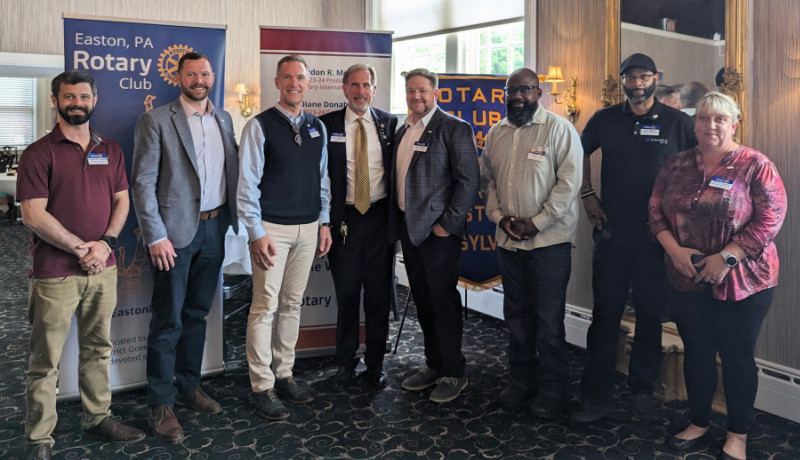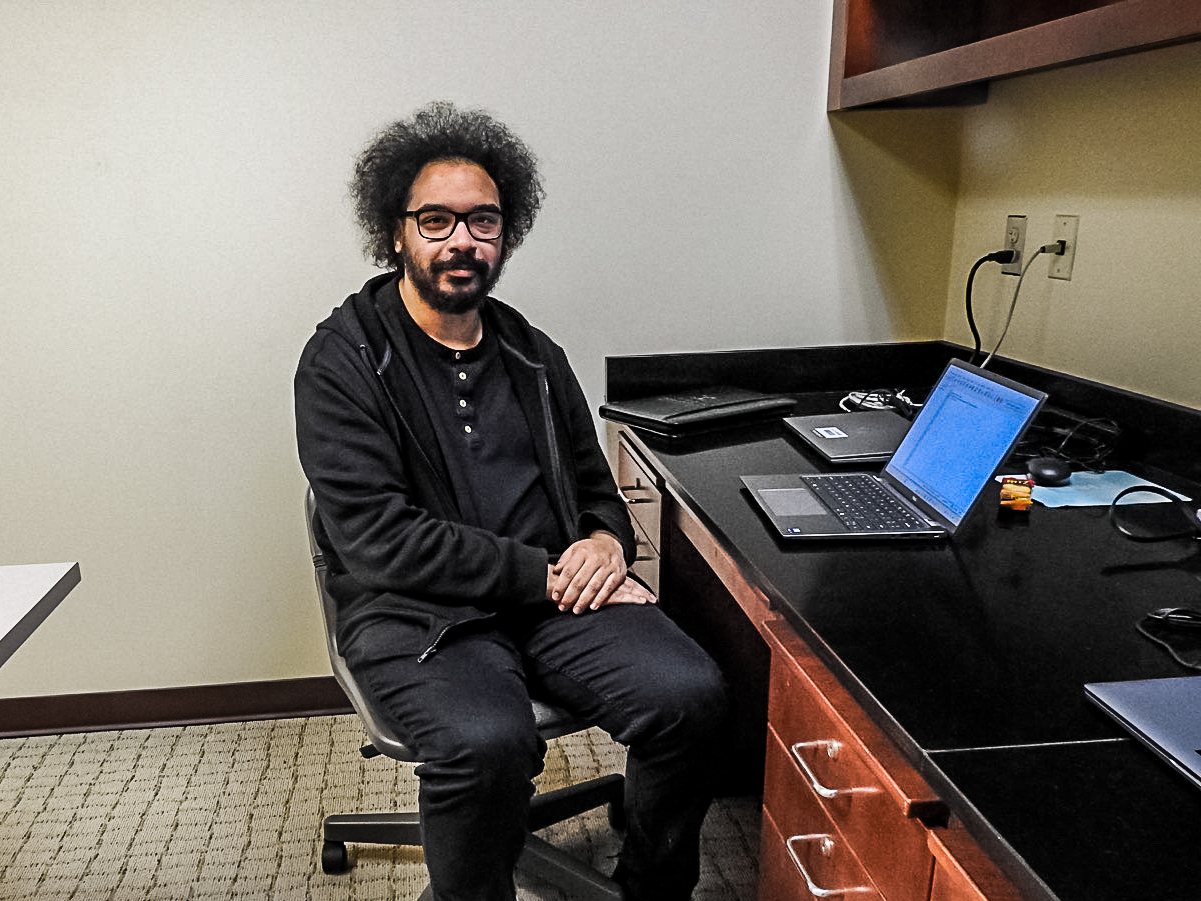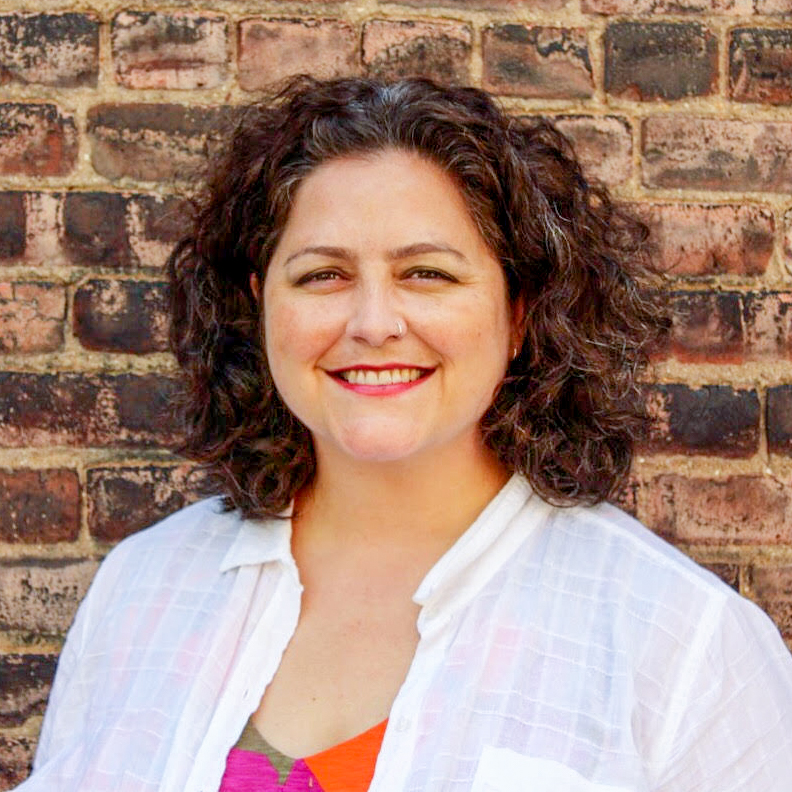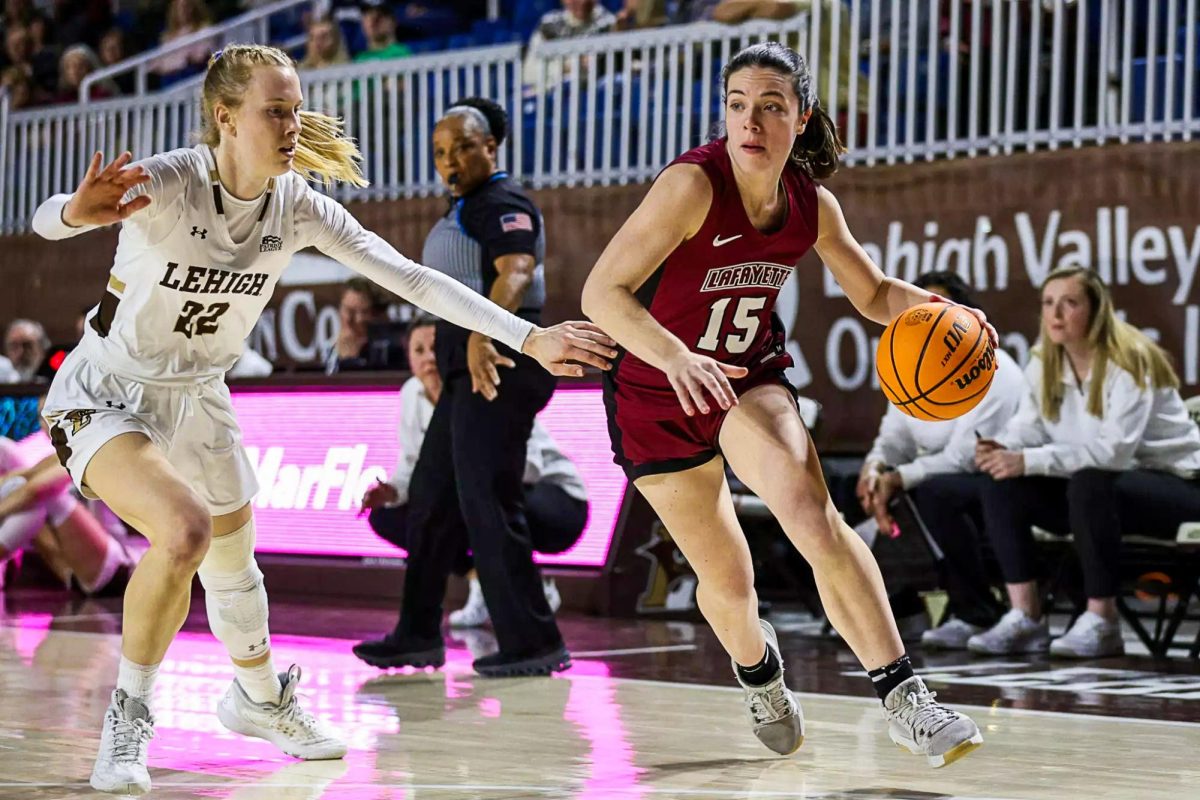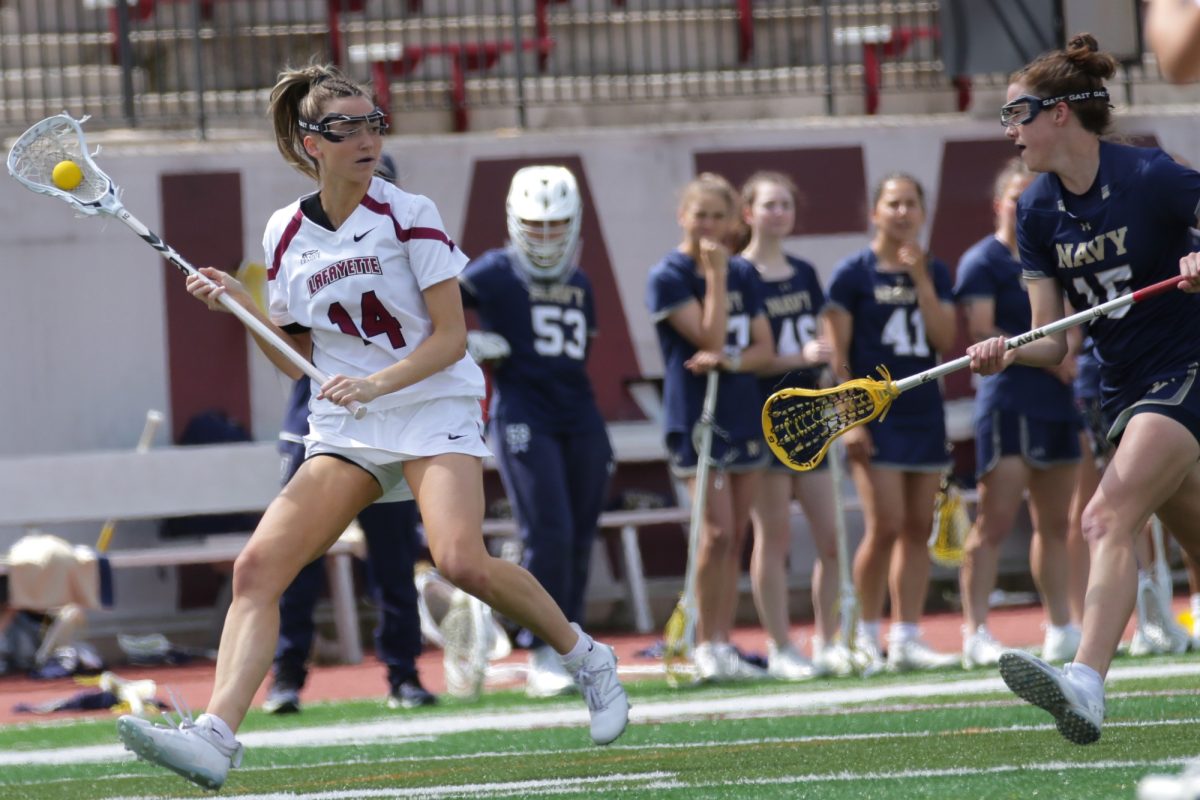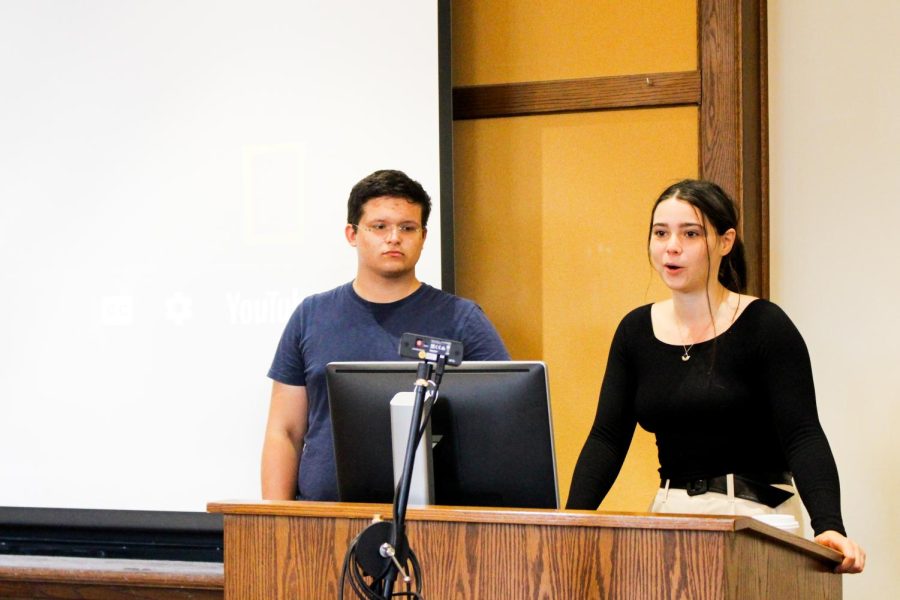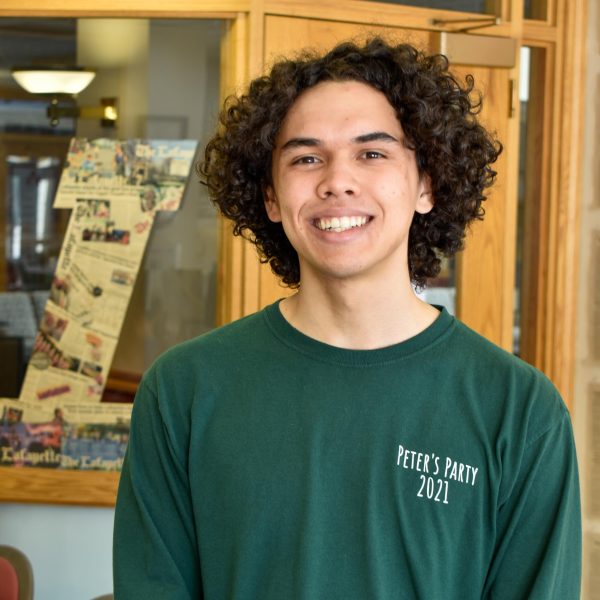To honor and remember the victims of the 9/11 terrorist attacks, the College Republicans and College Democrats hosted a discussion and documentary screening for students in the Kirby Hall of Civil Rights. In previous years, only the College Republicans organized memorial services to commemorate the anniversary of the attacks.
The event was co-organized by Kait Ahern ’23 and Dimitri Chernozhukov ’25, the presidents of the College Democrats and College Republicans respectively. Both leaders of the political organizations agreed that the bipartisan nature of the event was an appropriate way to pay tribute to America’s deadliest terrorist attack.
“I think one of those universal human experiences [where] you can find common ground is in something like a memorial service … coming together to just mourn those who are lost, mourn those who still continue to suffer,” Ahern said. “That’s not a partisan thing … nor should it ever be a partisan thing.”
Chernozhukov echoed the importance of the event’s bipartisanship.
“As people are getting more divided I think it’s even more important to come together for these sorts of things … I do think it’s like a civic duty to remember 9/11,” he said.
The bipartisan sentiment was reflected in the film the pair chose to screen. Attendees watched the first episode of the National Geographic series “9/11: One Day in America.”
Ahern and Chernozhukov specifically selected this film for its lack of politicized commentary and for the raw stories of the people who directly experienced the devastating impact of the attack on the World Trade Center. Prior to the viewing of the documentary, attendees also participated in a discussion led by Joshua Miller, a professor of Government & Law.
Both Ahern and Chernozhukov agreed that younger generations, especially those born after 2001, should know about 9/11. Ahern emphasized the special significance of the event for the senior class.
“The class of 2023 is reasonably the last class of students who will ever have been alive for the events of 9/11,” Ahern said.
The fading memory of 9/11 is reflected in the event’s attendance; only two people showed.
“I think it speaks to the fact that 9/11 was not a tragedy that happened in our lifetimes, or at the very least, not one that we can remember,” Ahern wrote in an email. “This doesn’t mean young people don’t care about 9/11, but rather that remembrance may not be a priority for them.”
Chernozhukov highlighted the changed political landscape of post-9/11 America, noting how changes like bolstered security in airports, the passage of the Patriot Act and developments in U.S. intelligence completely altered US culture.
“We don’t know [what] American politics [was] really like before 9/11 and there was a major shift,” he said.
While many young Amercans may lack a direct connection to the attacks, their nation still bears the legacies of 9/11.
“There are still Muslim Americans today who are feeling the after effects of the … response to 9/11,” Ahern said.
Chernozhukov emphasized the first responders’ persistent health problems.
“There are still people suffering from the service they did on 9/11,” he said.


